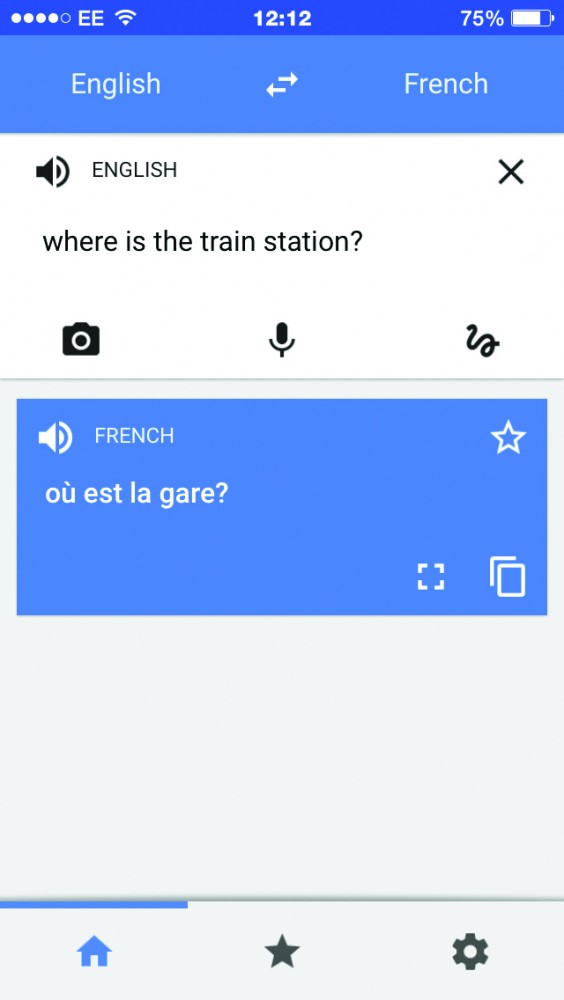

The study utilized three groups: 1) CONV: conventional face-to-face pronunciation training workshop (n = 15), 2) STRAT: mostly conventional with minimal ASR strategy training (n = 17), and 3) HYBRID: hybrid with half of workshop time using ASR (n = 16).

This study examined the effect of ASR use as part of a three-week pronunciation workshop on students' autonomous learning beliefs and behaviors. Automatic Speech Recognition (ASR) has great potential for providing feedback, allowing students to become more autonomous pronunciation learners. In pronunciation learning, students are often hampered in their attempts to study or practice autonomously by their limited abilities to monitor their speech for errors.

This volume includes 66 short papers by some of the EUROCALL 2022 presenters and it offers a combination of research studies and theoretical papers reflecting the subthemes of the conference. All of this is used to optimise the learning experience of individual learners. By adding components of automatic speech recognition, text-to-speech systems, automatic feedback mechanisms, and tracking systems monitoring learners’ progress and their use of tools, applications are becoming better targeted. Subfields such as natural language processing and machine learning not only enable smoother spoken and written communication between human learners and computers, but also offer ways in which language learning can be tailored to the needs of individual learners.

This theme reflects the newest developments in the field of technology for language learning. The conference theme was Intelligent CALL, granular systems and learner data. The 2022 EUROCALL conference was held in Reykjavik on 17-19 August 2022 as a fully online event hosted by the Vigdís Finnbogadóttir Institute for Foreign Languages, the University of Iceland, and the Árni Magnússon Institute for Icelandic Studies.


 0 kommentar(er)
0 kommentar(er)
